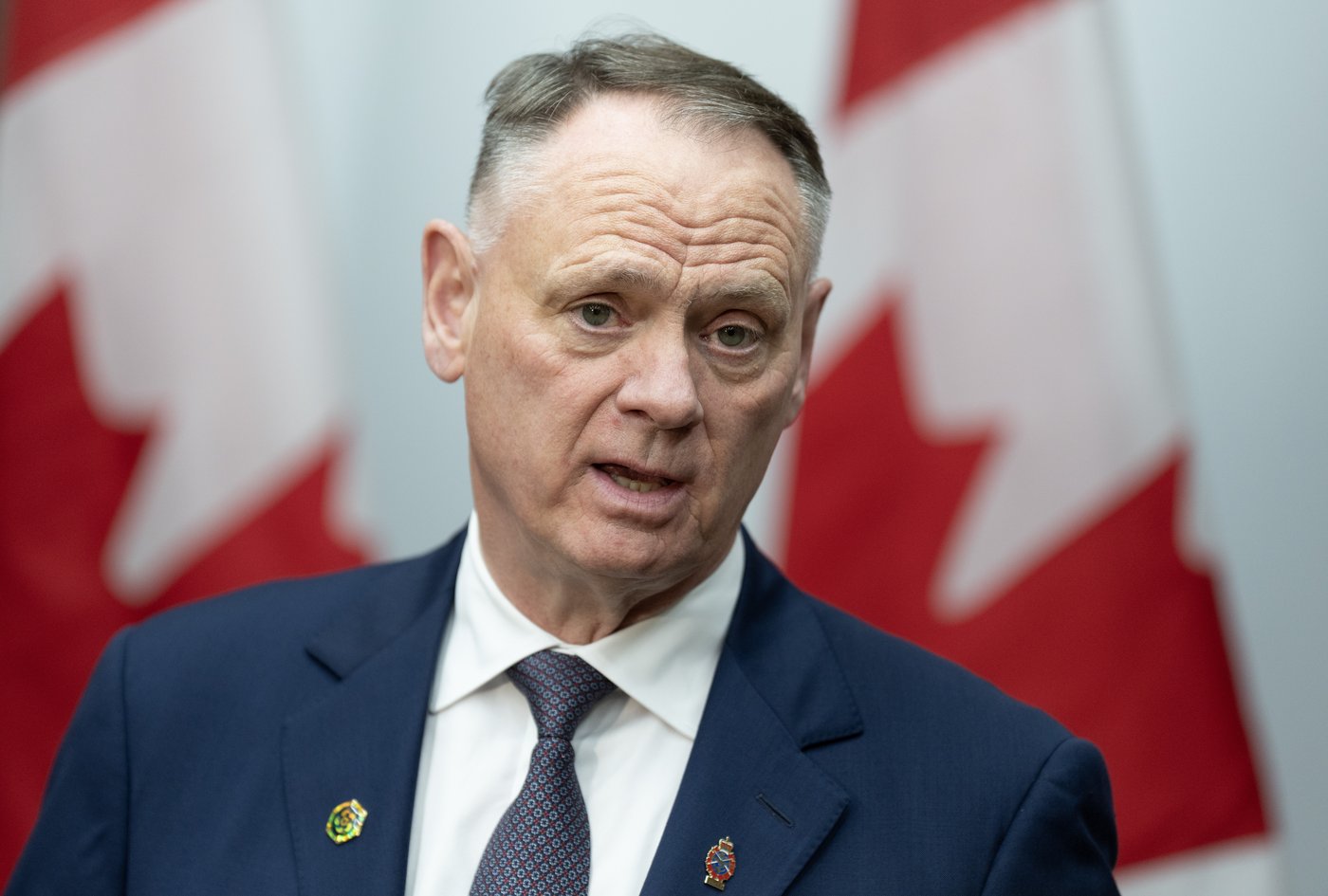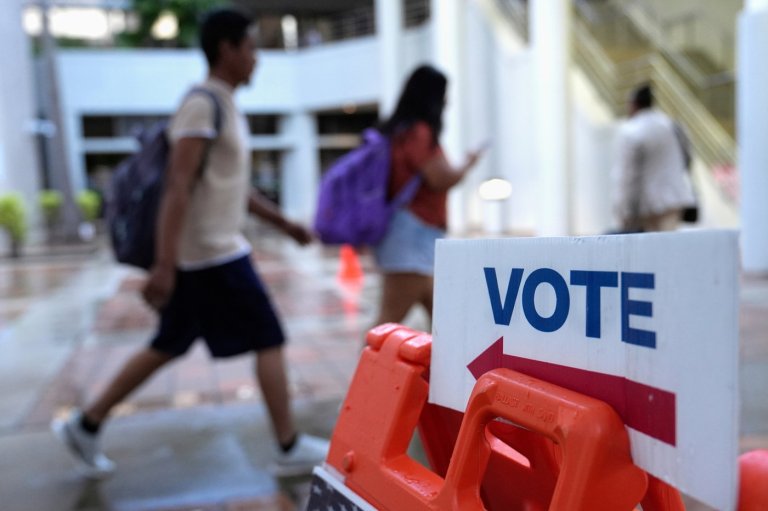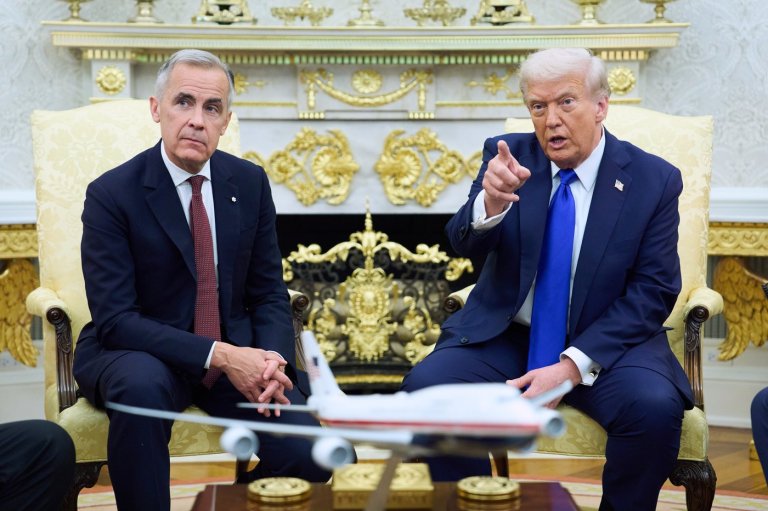Canada bolsters Indo-Pacific presence with new defence pact with the Philippines

OTTAWA — Defence Minister David McGuinty has signed a defence co-operation agreement with the Philippines, on the final day of a visit meant to strengthen defence relations.
The agreement will allow the Canadian and Philippine armed forces to work closer together by participating in operations and exercises in each other’s territories, a National Defence news release said Sunday.
“Canada values the Philippines’ vital role in Southeast Asia and remains committed to deepening our defence and security co-operation for regional stability and shared prosperity,” McGuinty said in the release.
He visited the country from Oct. 31 to Nov. 2. The pact announced Sunday follows an earlier memorandum of agreement that included military education, training and capacity building.
The Philippines is one of Canada’s most important defence partners in the Indo-Pacific region, the release said, adding it’s a democratic nation that plays a key role in upholding respect for international law.
Earlier in the week, Prime Minister Mark Carney signed a defence and security partnership with South Korea.
“What we’re seeing kind of right across the board are a series of strengthened economic and security relationships with key countries in the region,” said Fen Hampson, a Carleton University professor of international affairs.
“I think the prime minister gets … that we’re dealing with a part of the world where security and trade and investment, or what you would broadly call economic relations, are two sides of the same coin.”
Hampson noted Canada is also launching free-trade negotiations with the Philippines.
Canada’s efforts are “part of a broader strategy to obviously balance China’s influence in the broader Indo-Pacific region,” he said.
Canada and the Philippines are both critics of China’s increasingly coercive actions in the disputed South China Sea, which is a major trade route.
Beijing claims the waterway virtually in its entirety, despite a 2016 arbitration ruling that invalidated its claims based on a 1982 U.N. convention. China has dismissed that ruling and used powerful water cannons and dangerous blocking manoeuvres against Philippine coast guard and fisheries vessels.
Canada and other Western nations have been bolstering their military presence in the Indo-Pacific to help promote the rule of law and expand trade and investment in the region.
Prime Minister Mark Carney met with Chinese President Xi Jinping on Friday on the sidelines of the Asia Pacific Economic Cooperation forum in Gyeongju, South Korea. It was the first formal meeting between leaders of the two countries since 2017.
Both characterized it as a turning point in the relationship, and Carney referred to China as “the rising economic power.”
Carney said Canada’s strategy is to work together where there is common ground and respect one another’s differences, while defending Canadian interests.
Hampson said Canada’s relationship with China will be both competitive and cooperative. “It will be cooperative in those sectors where it’s in our mutual interest to be cooperative,” such as selling more energy to China, he said.
While the agreement with the Philippines is a “good start,” Hampson said that to “make this a really tangible relationship going forward, it’s going to have to be accompanied quite obviously by the strengthening of our armed forces capabilities.”
On Tuesday, Carney’s government will table its first budget, which is expected to include a substantial increase in defence and infrastructure spending.
McGuinty has said the fiscal plan will set the groundwork for Canada to meet its new commitment to the NATO alliance to increase defence spending to the equivalent of five per cent of GDP, which amounts to a massive spike.
This report by The Canadian Press was first published Nov. 2, 2025.
— With files from Sarah Ritchie and The Associated Press
Join the Conversation!
Want to share your thoughts, add context, or connect with others in your community?
You must be logged in to post a comment.


















